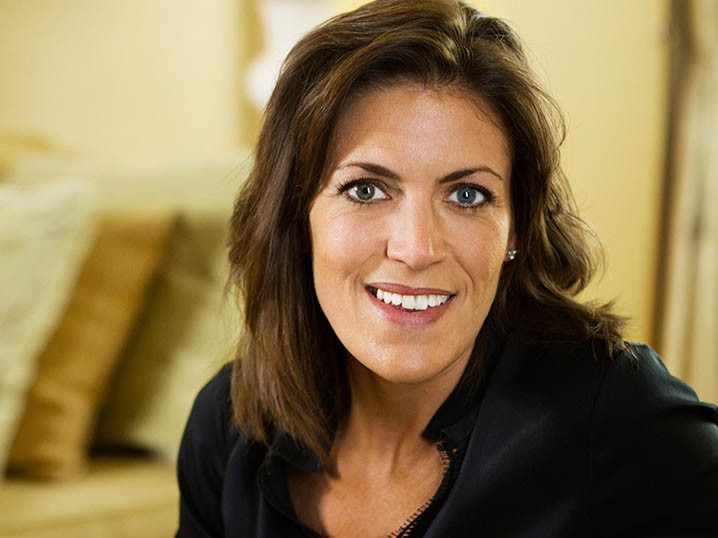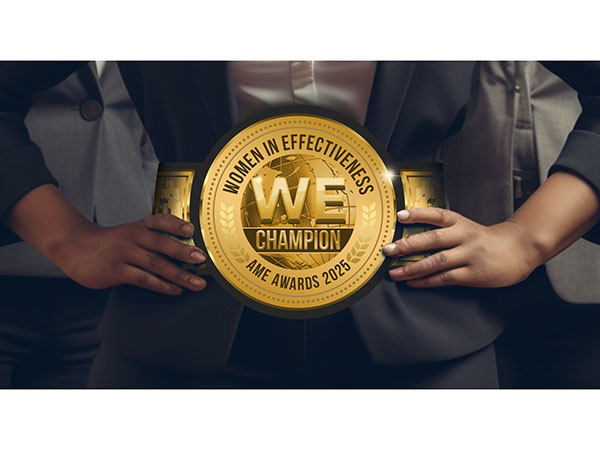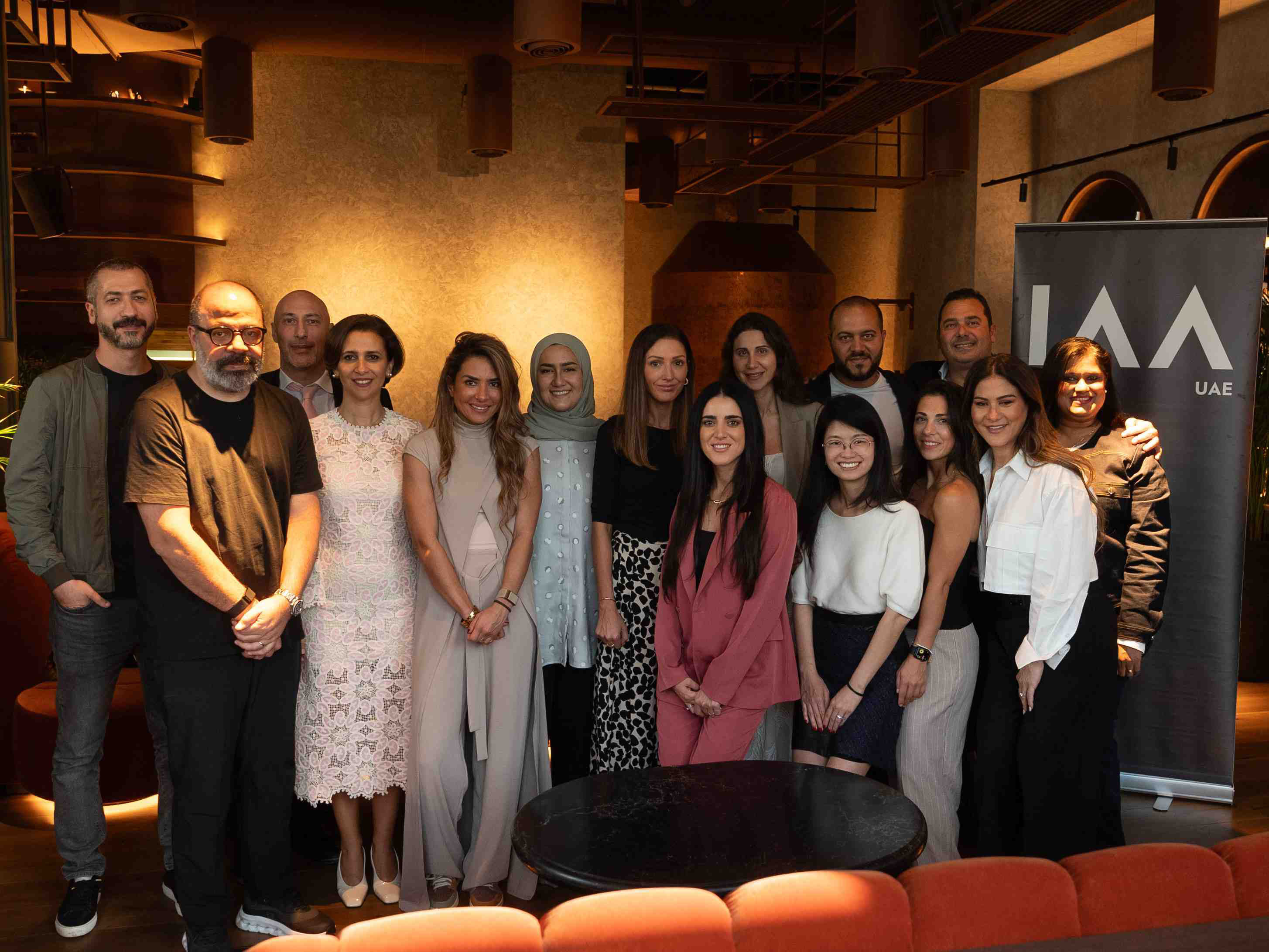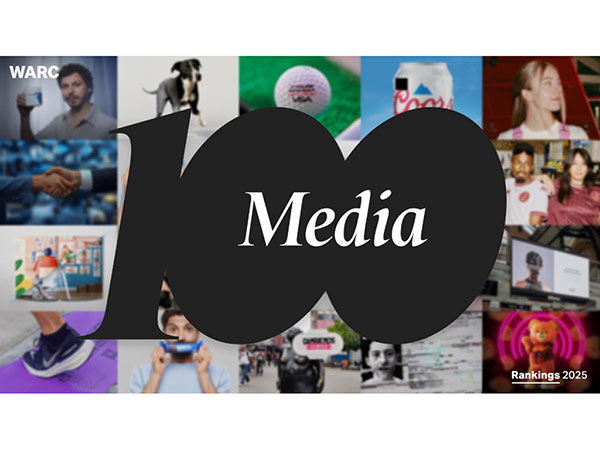News - Advertising
Wendy Clark: ‘The Art of War is my manual’
by Gijs de Swarte
February 10, 2019

'Clients want more speed, more efficiency and better work every year. As an agency you have people, ideas and what I'll call 'the product' in the absence of a better term. My policy, which received all the praise when I was chosen Executive of the Year is aimed at matching those ingredients in such a way that they contribute optimally to meeting the needs of the client. We are now working with teams that include people from DDB and from all possible organizations that can contribute. The McDonald's account for example is staffed within our offices by people from DDB, McDonald's, and also from Facebook and Google. To involve external experts to such extent was until recently, rarely or never done.'
The Art of War
'Making something like this into policy is essentially creative. Creativity always starts with general questions like, could that be a good idea? And I have had two basic principles for that. One, my mother always said, 'You have two ears and one mouth. Use it in the ratio in which you received it.' So listen more, talk less. - Two, I almost literally live with The Art of War - written around 500 BC by Chinese general Sunzi. It states that every decision must meet the following criteria - is it wise, credible and reliable, it is benevolent, that is to say, did you take the people involved into account - and it is brave and disciplined?
In my career that guideline has so far worked out pretty well, but its value is at least as well demonstrated by my mistakes. And I like to share those because we can all learn from mistakes.'
“The well-known road almost never leads to full creative potential. Standing neck-deep in the water often does. Most of us need a challenging situation that demands forward action. And so do I.”
Mistakes
'Before I started working at Coca-Cola, I worked at the telephone giant AT&T. At the time, Nokia was asking whether a mobile phone with a camera would be a good idea. My contribution then, you have to be crazy to start something that absurd. I think here the factor 'wise' from the Sunzi-list was somewhat lacking.
'Another example, at Coca-Cola I very much pushed a strategically far-reaching campaign. We were going to approach a specific target group very differently. Fell completely dead in the market and was criticized from all sides by the trade press. The mistake was - I had to admit to myself later on - that I was not sure about all the Sunzi criteria and therefore I had put extra effort into bravery. Being brave to be brave. One more, at one point the mobile phone company Cingular Wireless and AT&T merged. The color of Cingular was orange, AT&T had blue. My idea, get rid of the orange, it’s old now... Until tests showed that orange especially was very very popular. I had not taken the preferences of the people, the real users into account enough. And I did not use my ears well enough.'
Neck-deep
'When I was thinking of switching to DDB I used those experiences. Yes, it did meet the Sunzi criteria, but, as my mother advised, I listened carefully and all I heard around me was a fairly clear warning: don't do it. You have a top job at Coca-Cola, one of the global brands; why would you want to leave that? But I thought the well-known road almost never leads to full creative potential. Standing neck-deep in the water often does. Most of us need a challenging situation that demands forward action. And so do I. That is one of the most important lessons I have learned - not from Sunzi but from my own experience.'












